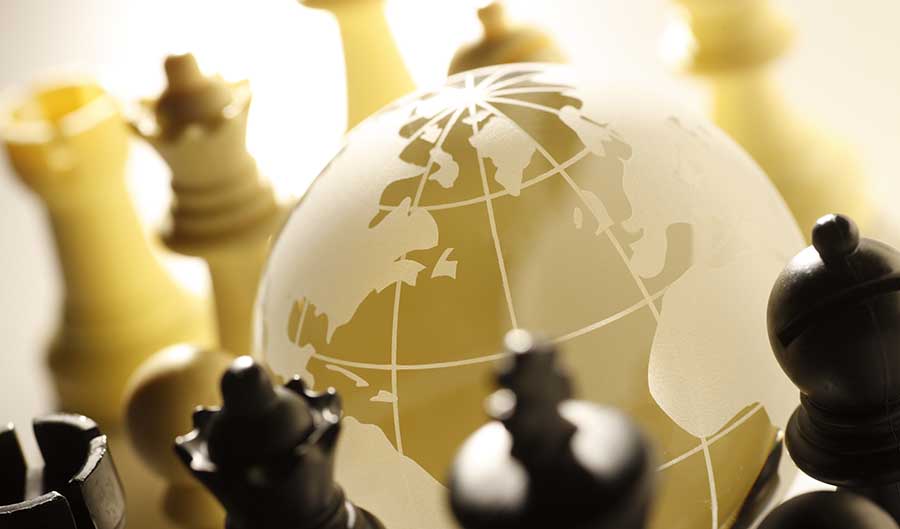
He Yafei, Former Vice Minister of Foreign Affairs
Feb 26, 2021
The period of transition amid centennial changes is full of risks and crises. Great changes call for great wisdom and initiative. The world needs to be reevaluated. The path forward needs to be reconsidered.
Tom Watkins, President and CEO of the Economic Council of Palm Beach County, FL
Dec 17, 2020
Much has been said about Trump’s provocative methods in dealing with China, but the source of mistrust goes far beyond the outgoing President. Even as Biden takes office, the plethora of conflicts between the U.S. and China threaten to escalate the struggle between two global powers who vie for global influence.
Su Jingxiang, Fellow, China Institutes for Contemporary International Relations
Dec 04, 2020
The U.S. President-elect has articulated his approach to foreign policy — including China — and it deserves close scrutiny. Contrary to some experts, there are significant differences from Trump. The world should pay attention.
Ding Yifan, China Forum Expert and Deputy Director of China Development Research Center
Nov 23, 2020
It has long advocated international multilateralism. Its recent decision to join the WHO’s vaccine implementation plan is the latest example of its willingness to cooperate for the good of mankind.

Fu Ying, Founding Chair of Center for International Security and Strategy, Tsinghua University; China's former Vice Minister of Foreign Affairs
Nov 16, 2020
The world hopes to see reduced friction between the United States and China in the post-pandemic era. If the next U.S. administration can invest seriously in international cooperation, new paths for joining hands and lifting humanity will emerge.
Chen Lu, Assistant Fellow, Institute of World Economic Studies, CICIR
Nov 12, 2020
As the United States repeatedly weighs in to block reasonable reforms and interfere with long-standing, consensus-based processes, China is on another track. It knows that reforms are needed and is working constructively to realize them.

Dan Steinbock, Founder, Difference Group
Nov 03, 2020
New estimates on actual COVID-19 cases in 2020 highlight the stark differences between the Trump administration’s unilateral stance, and China’s multilateral approach to overcoming the pandemic challenge.

Zhang Yun, Professor, School of International Relations, Nanjing University
Oct 21, 2020
Questions have arisen with the pandemic about who is responsible for what. The answer is simple and clear: National governments are the primary providers of assistance to their citizens.
Lucio Blanco Pitlo III, President of Philippine Association for Chinese Studies, and Research Fellow at Asia-Pacific Pathways to Progress Foundation
Oct 13, 2020
US-China relations are widely touted as the most important bilateral interaction in the world today. While this is true, it doesn’t mean that smaller nations and other regional powers aren’t making their own plays within the dynamic.
Ban Ki-moon, Former Secretary-general of the United Nations
Oct 09, 2020
COVID-19 has shone a light on the acute vulnerabilities of a deeply interconnected world. No country, regardless of its size, wealth, or technological sophistication, can tackle this crisis alone.
Back to Top

- China-US Focus builds trust and understanding between the U.S. and China through open dialogue among thought leaders.
- Our Offerings
- Topics
- Videos
- Podcasts
- Columnists
- Research Reports
- Focus Digest
- Stay Connected
-
Thanks for signing up!
- Get the latest stories from China-US Focus weekly.